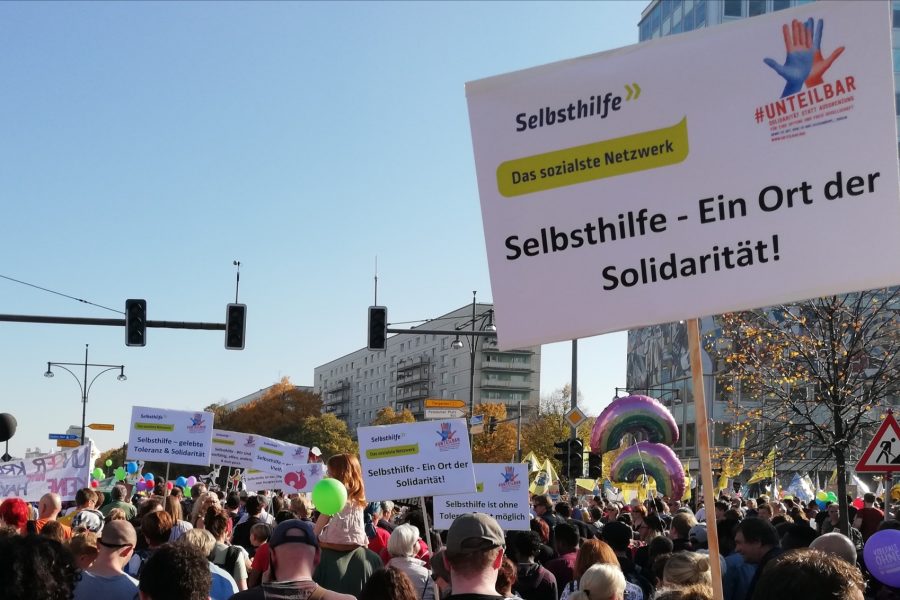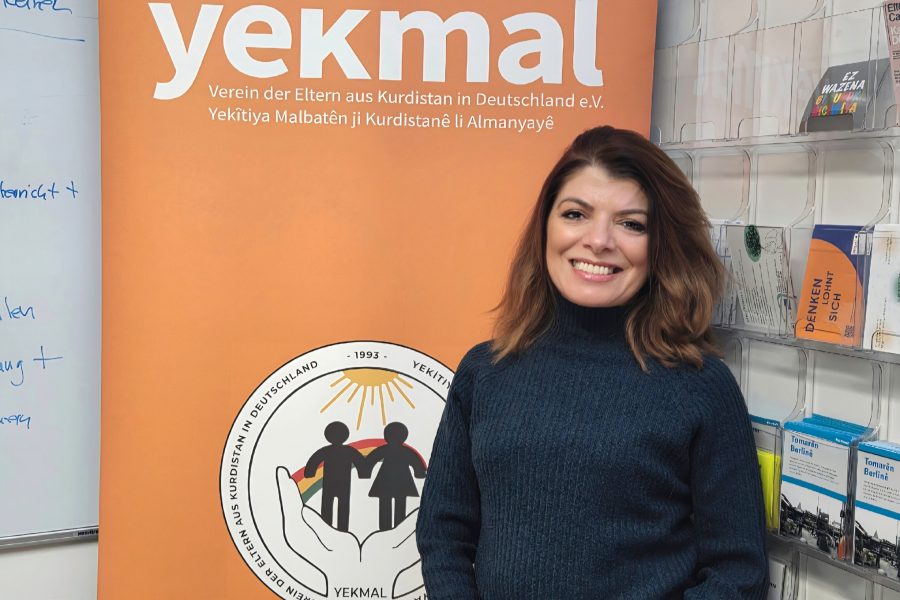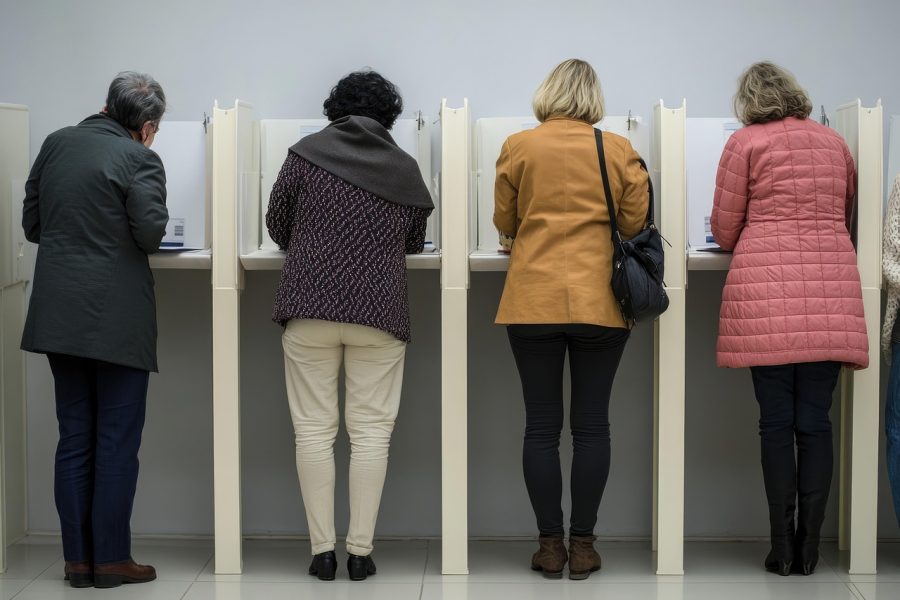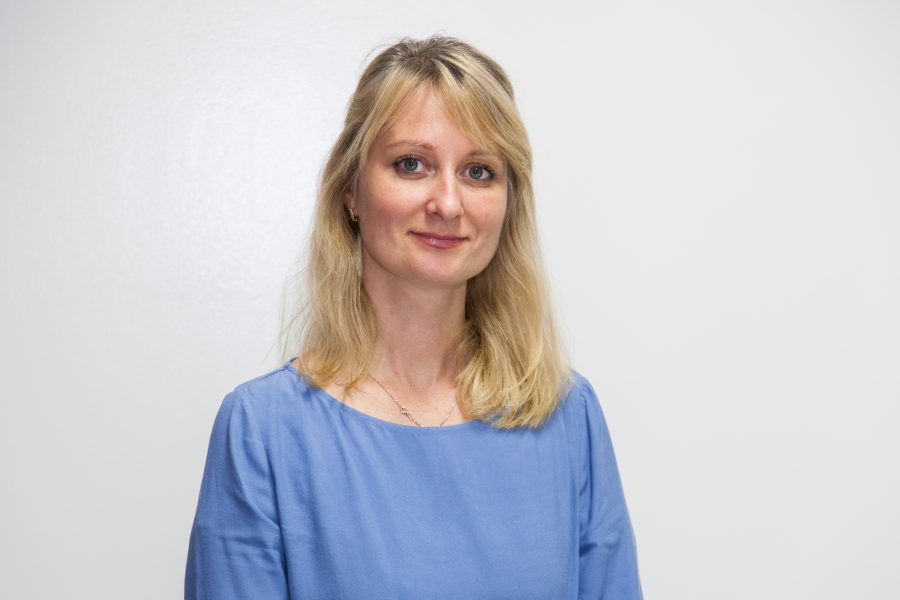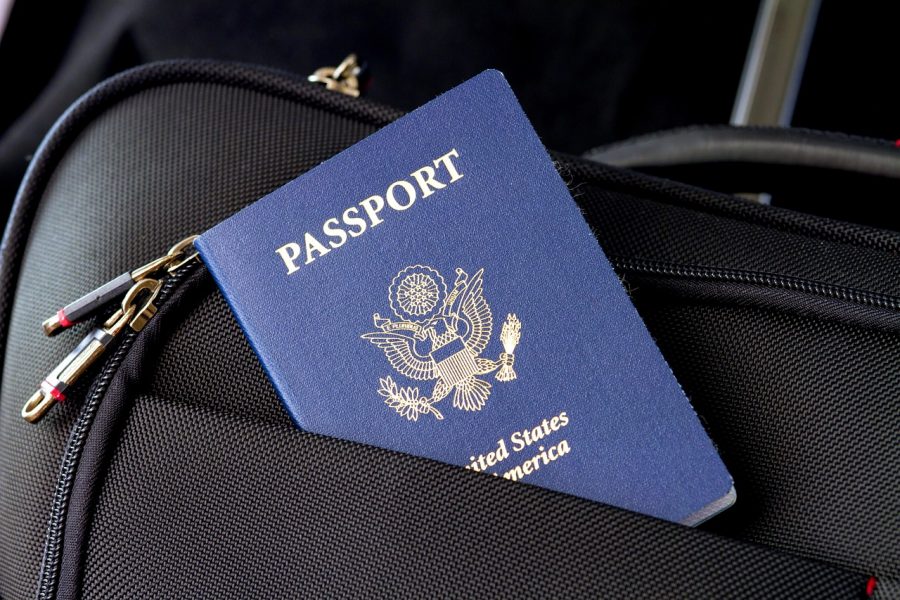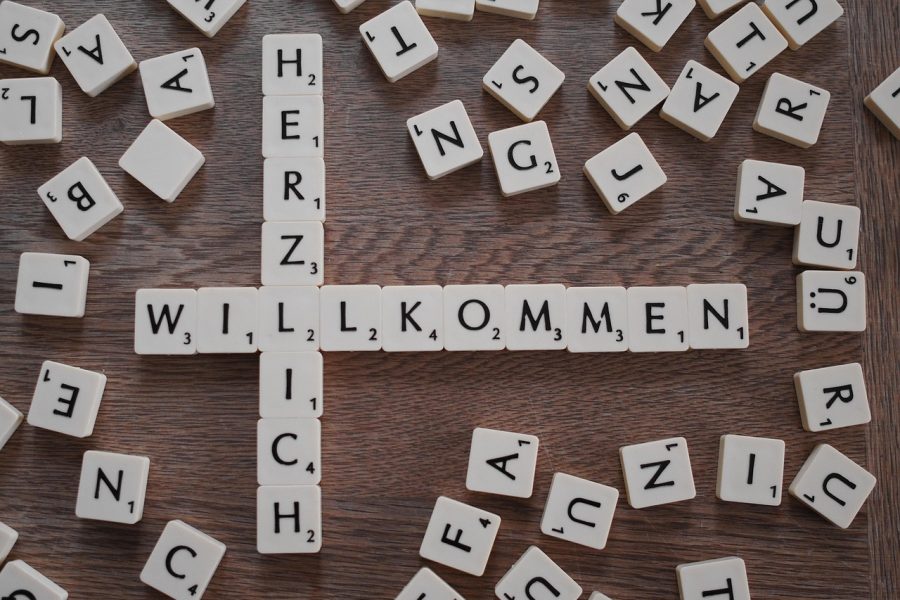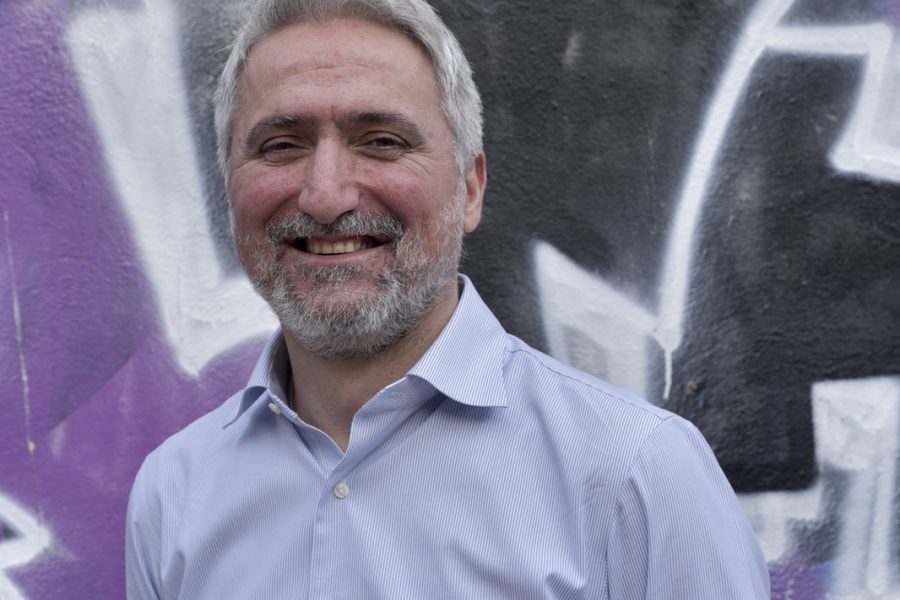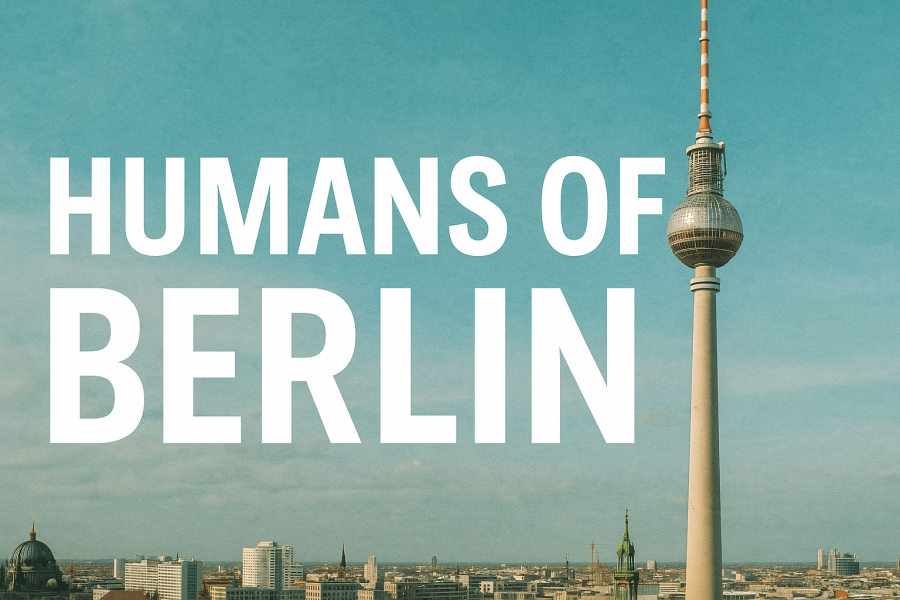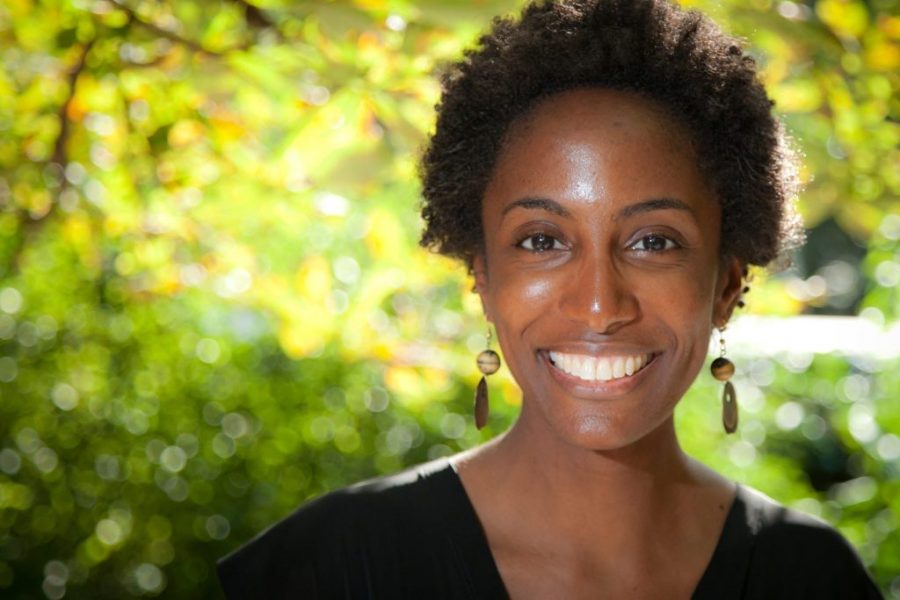(Disclaimer: this are just some observations and tips from yours truly. This is neither legal advise nor does it represent the views of Wahlheymat e. V. Your mileage may vary.)
The aim of Wahlheymat is to provide resources to folks that are trying to come to terms with their new lives in Berlin in specific, and Germany as a whole. I thought I would start a new series here with different subjects: things I would have liked to have known and found out the hard way. And today’s subject is:
Insurance — Versicherungen
Germans love insurance. There is insurance for just about anything. If you’re coming to Germany from another European country, the subject may already be familiar; but, if you landed here from a country like the US, this may all be new to you. There’s a ton of different kinds of insurance, but I’m going to cover the 3 that you really should have: Haftpflicht, Haushalt and Rechtschutz. I know, it’s boring, but this might be totally new for you, and you should get up to speed on this stuff. It’s pretty important.
Haftpflicht or liability insurance
This is the most important that you need. Should you accidentally cause some damage — your dog takes a bite out of someone, or something falls of your balcony and damages something…or, God forbid, someone — this insurance will cover the monetary aftermath. Do you absolutely need it? Well, unlike health insurance, they won’t deny you a visa if you don’t have proof of Haftpflicht; but it’s very affordable and you really should get a policy. In the event that something stupid happens, you’ll be covered. Most Germans have this as a matter of course. In other countries in Europe, this is some standard stuff. When I lived in France, I was forced into getting a policy… or maybe the guy at the bank just fast-talked me into it. But, all the same, you’ll be better off for daily life in Berlin, and I would highly recommend it.
Haushalt or House insurance
Let’s say you run your laundry machine, it starts leaking, and your under stairs neighbor ends up getting flooded — this happened in my apartment building just a few weeks ago — well, you’re now on the hook for the damage. It WAS your washing machine, after all. That’s where this insurance jumps in and has you covered: fire, flooding, a break in, or any kind of unforeseen issues with the domicile. It’s hard to get repairs in Berlin, and the costs can be staggering. That’s where this insurance comes in. If something you do in your apartment affects someone else, this stuff has got you covered. Or, if some fault beyond your control in your apartment damages your property, this will help you get something back. In many ways it’s kind of like the Haftpflicht insurance, but more apartment based. Also, if your bike gets stolen, this insurance can get it replaced.
Rechtschutz or legal insurance
Very important to note with this one. Get it as soon as you can because it takes something like a month and a half to start working. You can’t run into a legal entanglement and then sign up for this stuff; you HAVE to have it before hand. So, let’s say you’ve got a job, and then your employer fires you in conflict with German labor law — that’s right! I spelled labor without a “u” — and now you have to fight it in court. Well, that’s were legal insurance steps in. It will cover your legal expenses. And it’s not just labor. Let’s say your landlord tries to pull a fast one and have you evicted, or raise the rent, or some such; legal insurance will cover this too if it goes to court. You really want to have this in your back pocket a long time before you need it. It’s a bunch of nothing until you run afoul of some legal situation and find yourself in court. That business is not cheap.
Where to sign up for this stuff
Where ever you bank, they probably offer all of these. And it’s going to cost you around 10 to 20 Euros a month. Make sure you collect them all, and just consider it a tax for living in Germany. Hopefully, you won’t need it. Hopefully, your life here will be nothing but unicorns and kittens and rainbows. But, when things goes south, these policies can save you a lot of money and stress, especially for things that are outside of your control but still have a huge price tag attached.
In the next post we’ll take a look at the GEZ. Who are these people, and who said that they can have my money?! Happy Berlinering!

